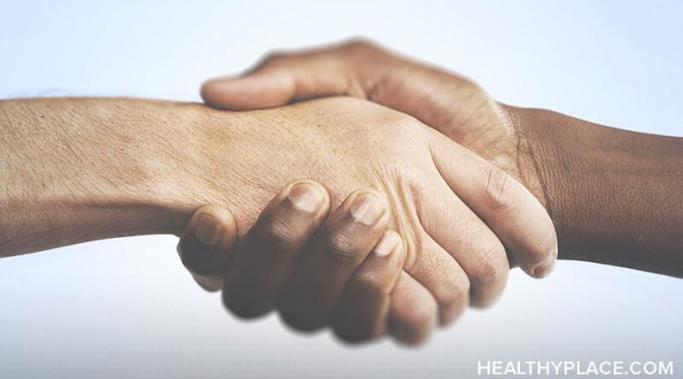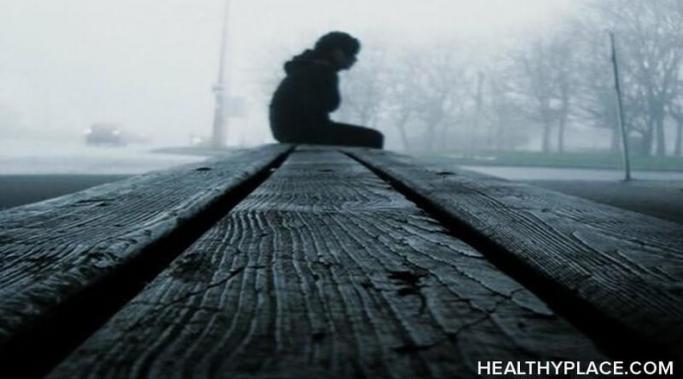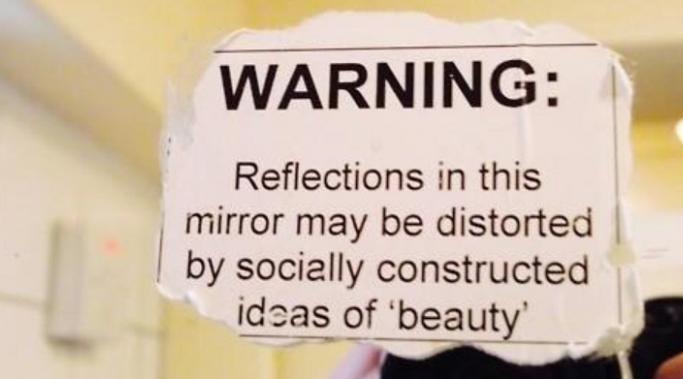Blogs
tneely
Hurting other people, especially those we love, is inevitable. Living with mental health issues like Bipolar Disorder, PTSD, Depression, Addiction and other mood altering conditions, means we will also have to live with the fact that we hurt other people with greater frequency and sometimes with greater depth than those who are not. So if we are going to have healthy relationships, learning to acknowledge our slights and ask for forgiveness is essential.
I am not an angry or an aggressive person. This is not to suggest I don’t have my moments, as we all do, but overall, I have far fewer issues with anger than most people I know. There are lots of reasons for this, I’m sure many have to do with my psychology the way I view anger (I view it as pointless and particularly undesirable).
Nevertheless, it seems that people with bipolar disorder do, on the whole, have anger issues. I’m a bit surprised to hear this as anger is not a diagnostic feature of bipolar disorder, but people write in again and again and talk about either having bipolar and being very angry or being with someone who has bipolar and this partner being very angry.
But are these just anecdotal accounts or do people with bipolar disorder have aggressive and angry tendencies?
When I think of the word 'help,' I think about how hard it is to ask for and accept help. It is usually the most difficult when we are first diagnosed with a mental illness. Unfortunately, that's when those who live with mental illness need help the most. This blog will explore why asking for help can be so hard and the steps we can take to make the process easier.
By now, I would hope that you all have heard about the Stand Up for Mental Health campaign that is running here on HealthyPlace. But, what do we really mean when we say ‘stand up’ and what can you do today to make this project a success?
Time-out - that time honored tradition that hasn't been around very long, but used in schools and homes everywhere (though not by everyone) is a blessing in disguise for me.
Bob has been too old for time-out for quite some time. I don't even remember the last time I used it with him or why. But, I do know that it has a very unusual effect when used in a different way.
I get asked about the sex life of the bipolar on a regular basis. People want to know what’s “normal” or can they have that mythical “normal” sex life. Some of these people are partners of people with bipolar and others are the people with bipolar themselves. It seems we’re all a bit mystified as to how this mental illness affects our sex lives.
Well, I can’t say what is normal for you, but I can tell you what I know about bipolar and sex.
Isolation and mental illness go hand in hand. They sort of breathe the same air--stifling and hot and when we live with a mental illness, sometimes we just want to be alone (Mental Illness, Isolation, and Loneliness). After all, if we are alone our pain is hidden. Our pain is hidden but exemplified by our silence. Isolating ourselves makes recovering from mental illness more difficult. Let's explore why.
One of the things any good therapist or dietitian will ask you when you seek treatment for your eating disorder is, “What goals do you have for our time together?”
I’ve done the treatment rodeo enough times to know that this question is coming, but I still stumble over words and fumble trying to find the “right” answer to this age-old question. To be clear, there is no “right” answer – only you can decide what things you are ready to tackle in your recovery. However, when you determine what those things are, there is a way to make effective goals that will further your recovery.
If you're insecure about your beauty, remember that the media often portrays perfected, altered images of idealized beauty to play on our insecurities. The lies about what beauty looks like leads to anxiety and low self-esteem. Low beauty confidence can even play a role in many mental health disorders, as it sets up an unrealistic ideals and creates feelings of ‘I’m not good enough.’ Don't let the media make you insecure about your beauty--here's how.
A little hope can go a long way. In my parenting journey with Bob, there were many times when I lost hope. On days when all I wanted to do was cry - cry for Bob who was brilliant, but couldn't focus long enough to complete a test; cry because it took him three to four hours a day to complete homework. Or cry simply because I was his mother and felt helpless.







